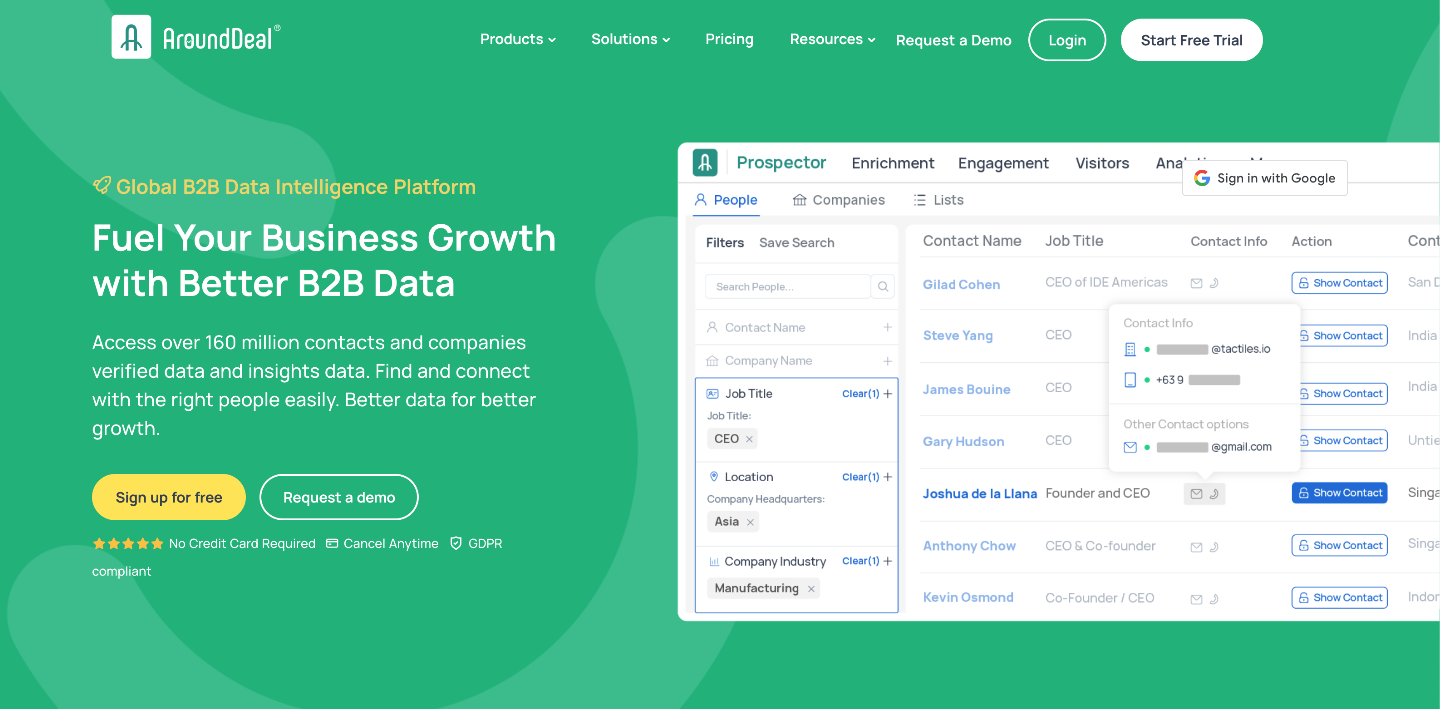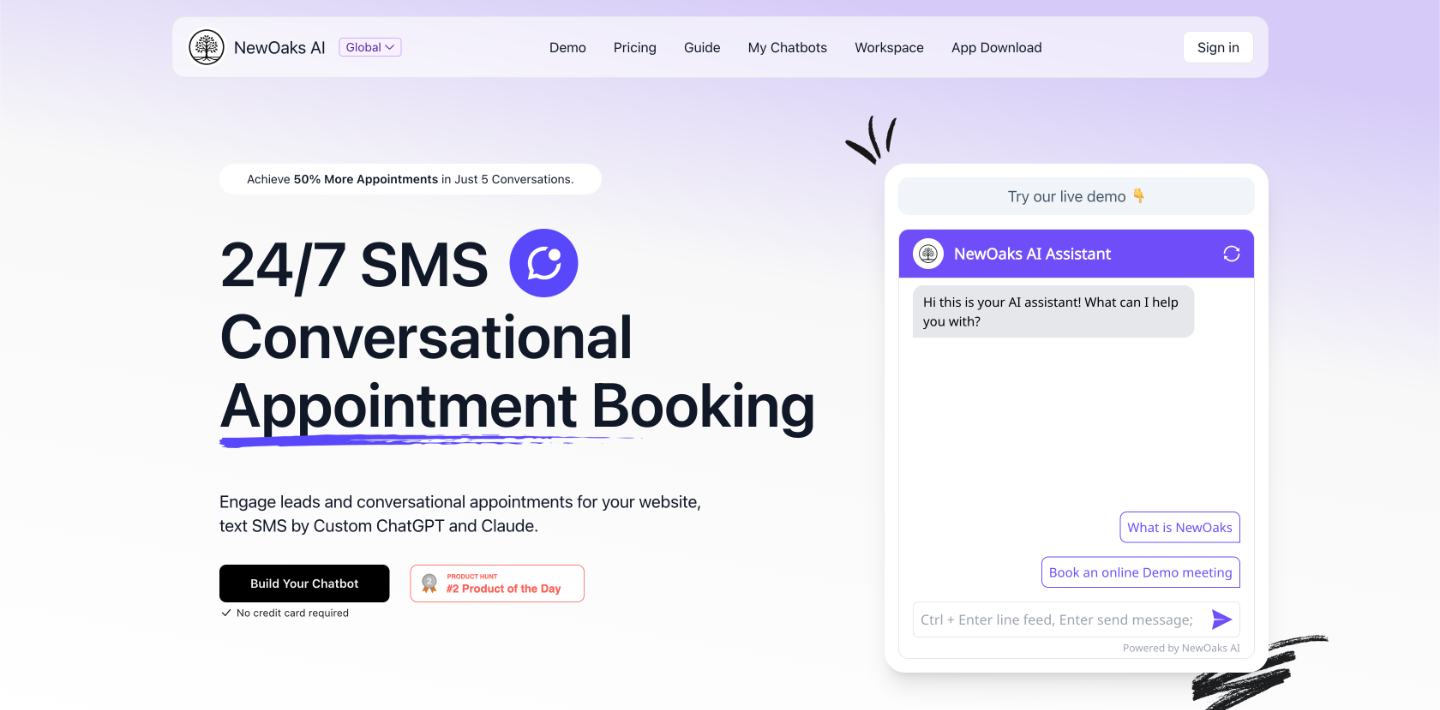Digital marketing experts realize the importance that search engine optimization plays in promoting business on the competitive online marketplace. An organic approach for SEO is taken when clients are not in a particular rush to see results immediately. It might take weeks or even months for organic search engine optimization to deliver an increased flow of steady traffic to a website. There are plenty of technical components to SEO that go beyond just front-end visual content. For example, HTML coding is manipulated in order to create solid back-end infrastructure for a website. After all, search engines thoroughly analyze all the HTML codes that essentially hold website pages intact.
Meta tag editing is perhaps the simplest organic SEO technique that focuses on HTML coding. The tags are used to describe specific parts of a page to search engines and actual human visitors. The header meta tag provides a description of the content of an article below a header on a page. The title and description meta tags are also important components of organic search engine optimization. In fact, these tags appear on the results pages of search engines. In a limited number of characters, meta tags must concisely inform online users about the content of a listed website. These short tag descriptions have heavy influence in convincing online users to visit a particular site that’s clearly visible on search engine results pages for specific keywords.
Organic search engine optimization focuses on hyperlinks. A website should have functional links that actually redirect to other websites with some sort of content. Poor HTML coding can sometimes lead to broken or dead links. For example, a few characters that are improperly written for a hyperlink code might lead to glitches. It’s also important to ensure that links don’t redirect to websites that are “parked.” Parked pages are full of generic advertisements rather than actual quality content. Search engine optimization specialists can analyze and fix all aspects of hyperlinks on the website of a client.
Social media integration is another key of digital marketing. Modern websites should have some icons or widgets that seamlessly sync to popular social networks. With a click of one button, a website visitor can share certain content with other friends online.
Responsive website design is also used to optimize sites for better traffic flow. RWD includes desktop and mobile-friendly versions of a single website. In other words, one domain name might have multiple website editions that can be displayed depending on the type of device used by the visitors. Mobile-friendly websites are often compressed in layout in terms of the navigation menus and resolution display. Search engines tend to favor websites with responsive design over those that only have desktop versions for traditional browsers. An IT guru like Brent Franson and other SEO experts are examples of successful digital marketing experts who can help websites set up both mobile and desktop versions.
Email marketing still plays an important role in modern online advertising. Websites should ideally offer newsletters and other feeds that are delivered directly to the email boxes of customers. Such digital marketing techniques could send virtual coupons and promo codes that might be redeemed both at actual brick and mortar stores and online shops. Digital marketing could also be optimized to deliver special offers to smartphones users via text messages.














